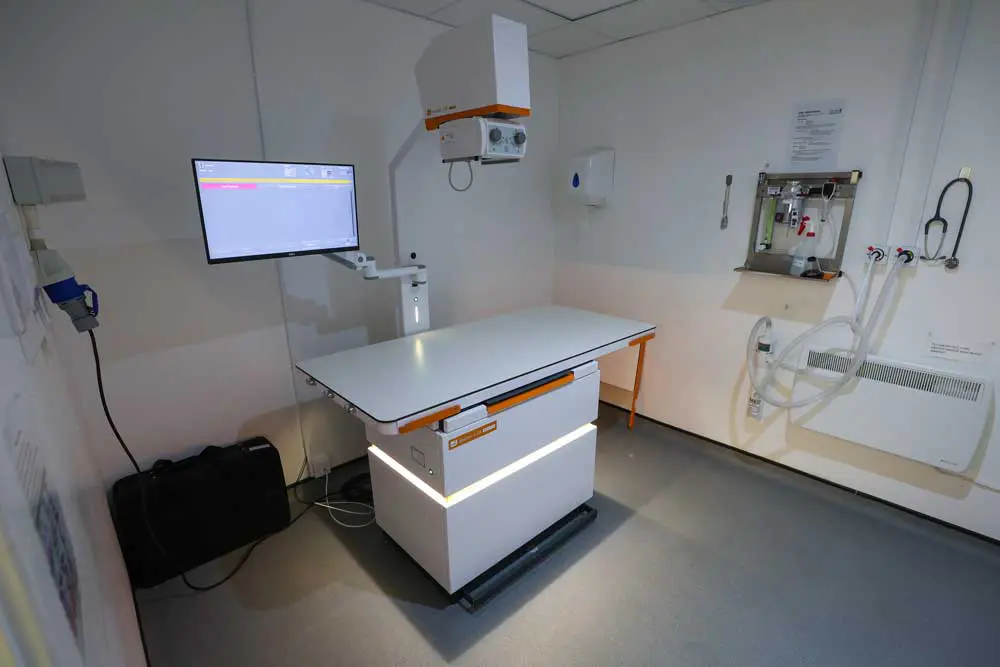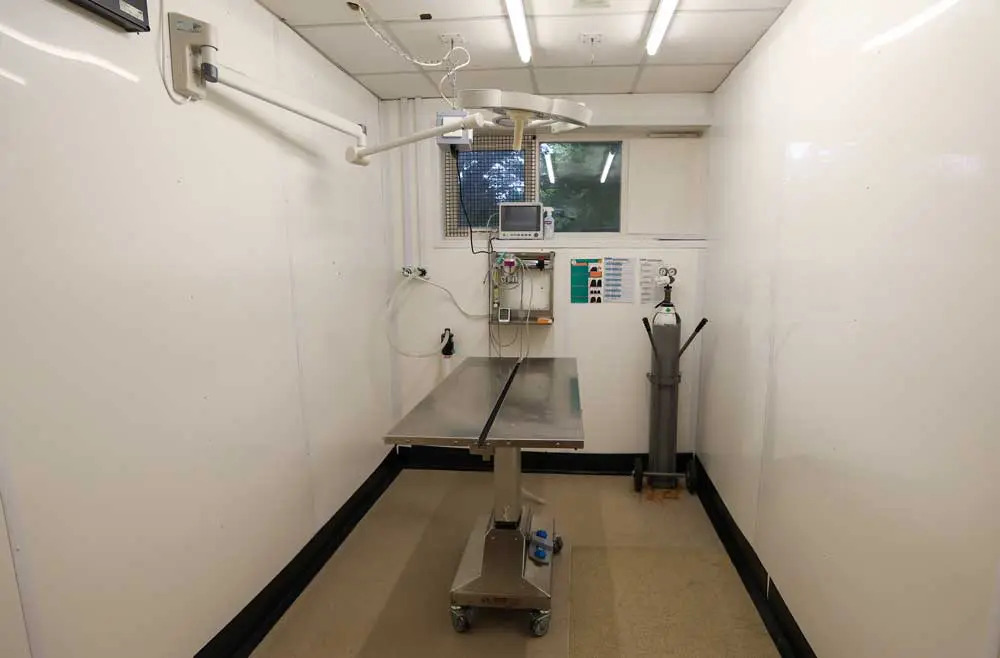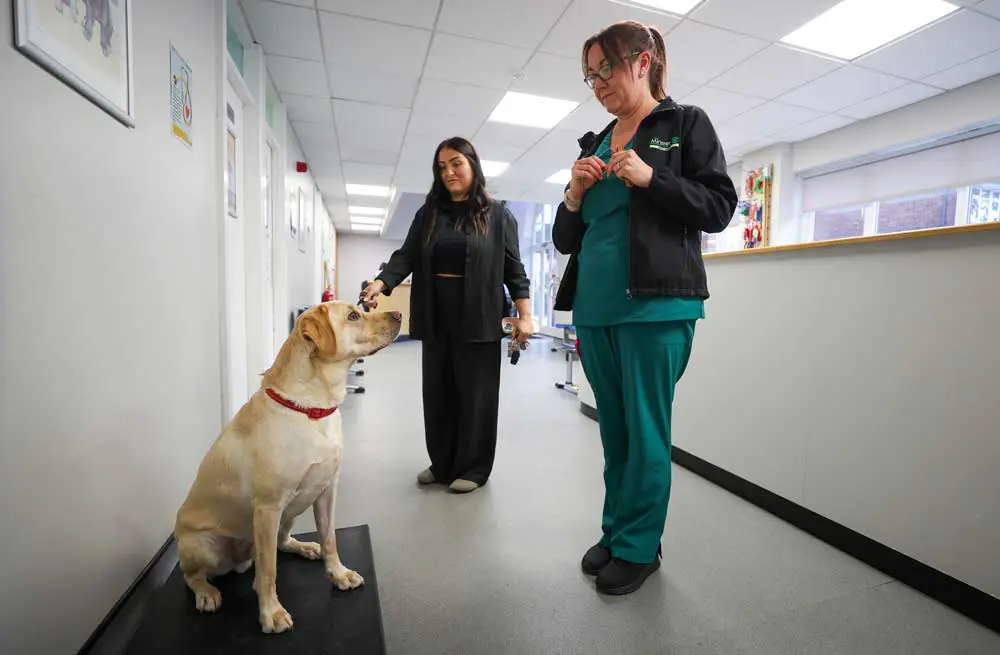15 Oct 2025
An historic chronicle of pet care, business development and forging ahead for sustainability, The Minster Veterinary Practice has been looking after animals in York for more than a century. VBJ caught up with clinical director Sarah Ford to discover the secrets of the practice’s sustained success…
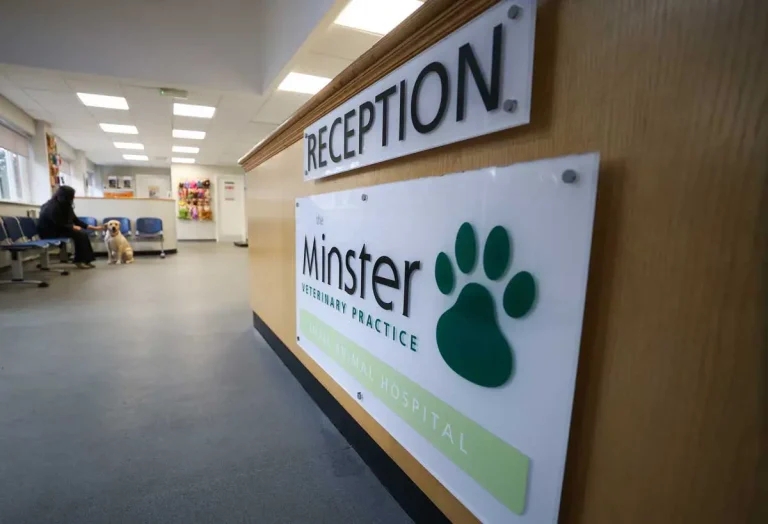
Staff: full-time vets 29 • registered veterinary nurses 26 • SVNs 2 • animal nursing assistants 4 • practice administrators 4
Fees: initial consult £54 • follow-up £48
With a backstory dating back a hundred years, The Minster Veterinary Practice fits perfectly in its York location – a place steeped in history and proudly building on its values for a sustainable future.
Originally based in a converted townhouse, Minster has expanded exponentially over the many years into one of York’s largest small animal practices, boasting six branches including its flagship small animal hospital in the city’s Salisbury Road.
Starting out also treating poultry and equine, in 1998 the site became dedicated to small animal and in 2015 was awarded hospital status, the highest level of accreditation under the RCVS’ practice standards scheme.
Always striving to improve, the branches gained general practice status, and Minster holds the “green” accreditation by Investors in the Environment (iiE) for demonstrating its commitment to reducing the company’s environmental impact and to the continual improvement of sustainability performance.
Minster now has 26 full-time equivalent vets, 27 nurses and nursing assistants, and 21 reception and admin staff – a number of whom have happily stayed with the practice for many years.
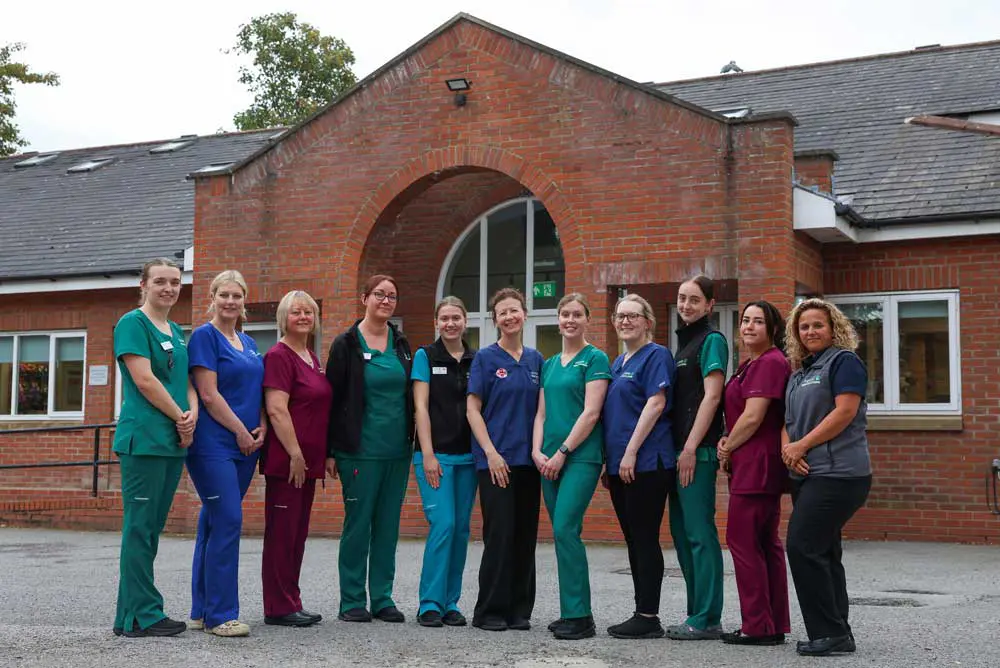


And clinical director Sarah Ford is no exception. Hailing from Dorset, Sarah had family in the Yorkshire Dales and, while visiting her aunt, they took her dog to the vet, Sarah left her CV and ultimately secured her first job as a vet in mixed practice.
The variety of the work appealed, but after a few years Sarah decided she wanted to focus solely on small animal work and spent time researching the next step in her career – and one practice that stood out was Minster.
“I wanted to just do small animals. I applied. There wasn’t a job. I just sent my CV in to see whether they had a role,” she said.
“I looked and researched which practices I wanted to go to. And the reason I wanted to work here was because of the hospital, the level of clinical skills and the people that were in the team.”
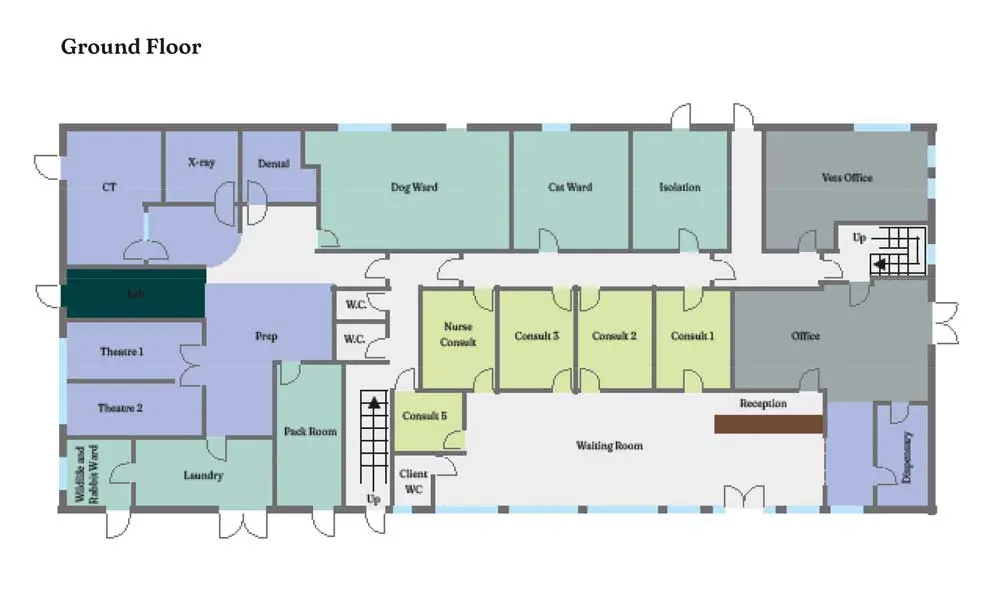
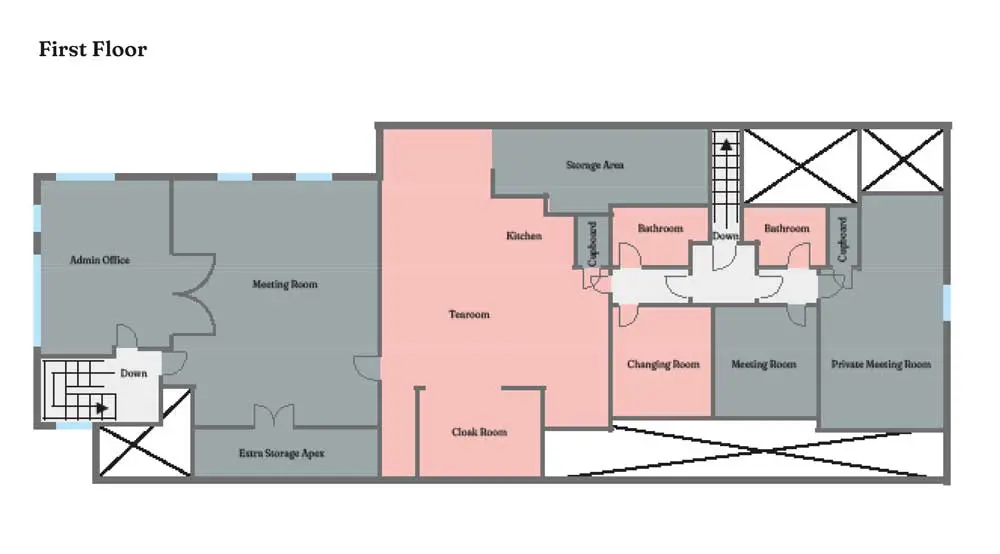
The speculative CV led to a job as an associate at Minster, working with the practice’s four partners at the time – including Jo Malone, now Vet Partners chief executive.
From there, things began to evolve quickly and, having joined the practice in 2013, Sarah became a clinical director three years later, which she admits was never really her plan.
“Most people don’t want that. You want to be a vet. Yeah, that sounds like a cliché.
“It hadn’t been particularly my career plan to become a partner or a director, but the right opportunity came at the right time, I suppose.”
In 2015 it was from Minster Vets that VetPartners was born, later growing into one of the UK’s largest veterinary groups, which now boasts more than 500 practice sites across the UK and Europe.
And while VetPartners has grown at a rapid rate over the past decade, Minster has too and now boasts a total of 88 staff, with most people getting the chance to work between one of its six sites across the region.
Sarah explained: “Nearly everybody does a bit of everything. The full-time vets will do a four-day week, and they might do two days at the hospital and two days at a branch. And that means they get a mix. So, they get their own clients, run their own day, but they also get hospital work as well. So that’s one of the things the vets like, having that variety of roles.”
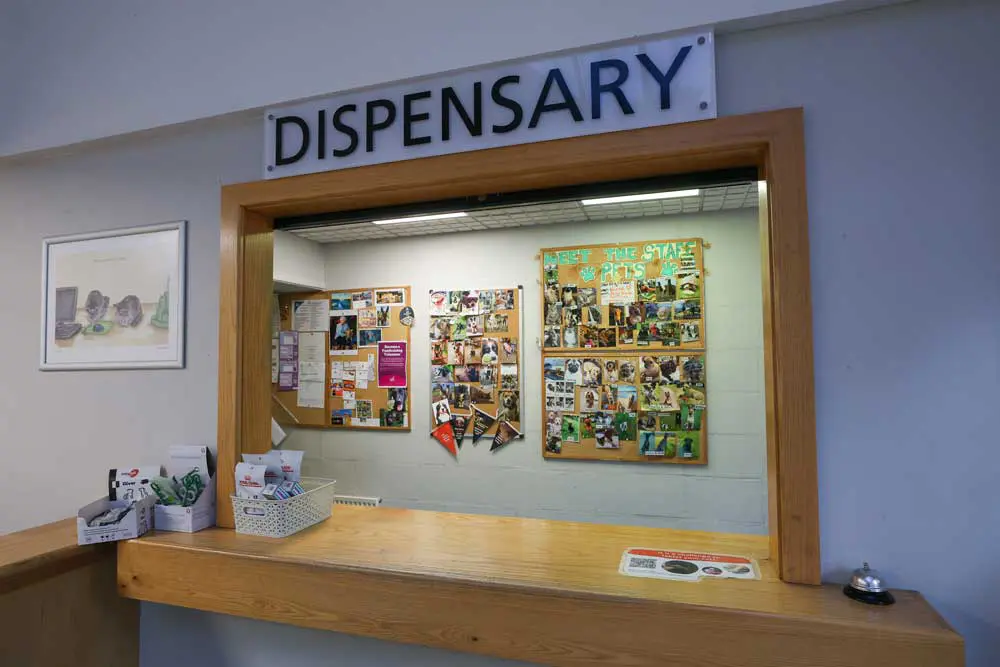
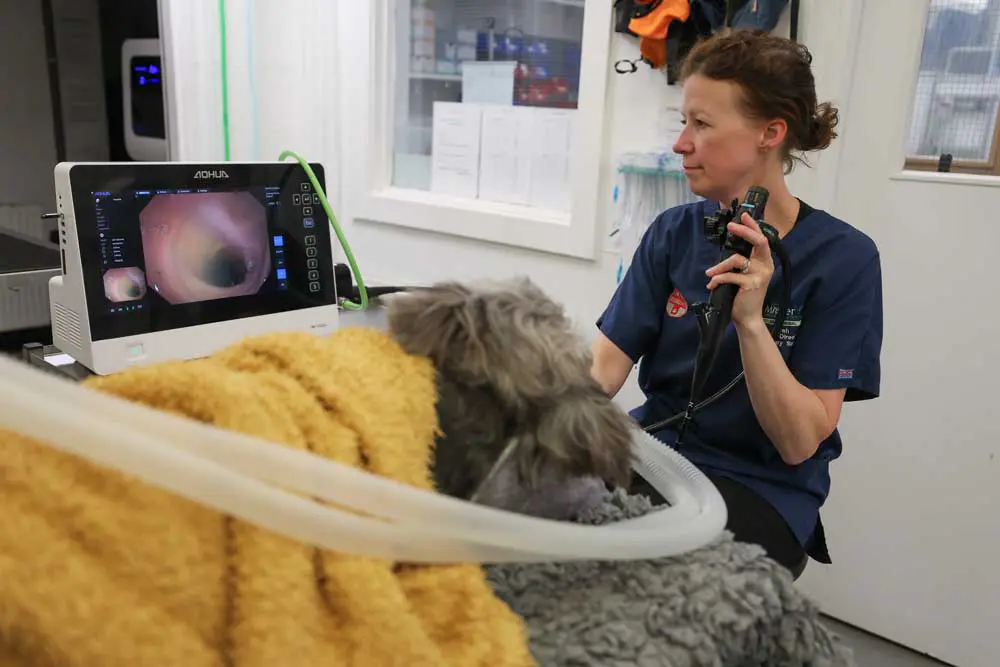
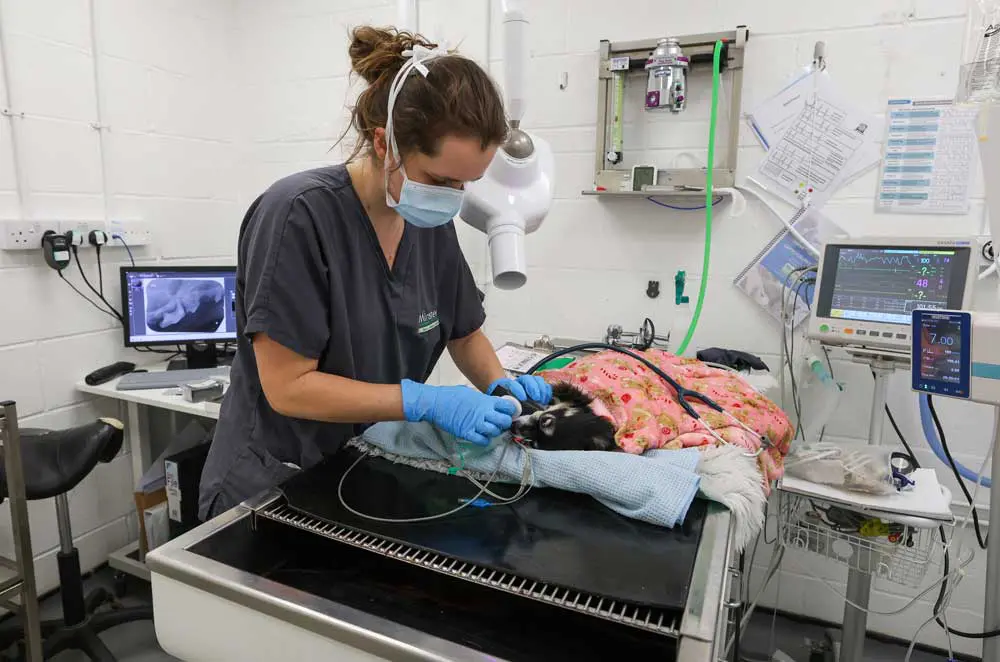
Minster runs its own out-of-hours work as well, and provides cover for other practices in York.
Sarah added: “We’ve got three night vets, three night nurses and three night animal nursing assistants. So they are on rotation, but they only work night shifts.
“It’s not just Vet Partners practices that we cover for. In fact, there are also independent practices, where they just want a weekend off and cover for a bit. So, we do that, too.
“We’re happy to support other practices, having a night service, even if it might not be the most financially attractive thing, because it’s good for the clients, it’s good for the patients and it’s good for the team. So, we’re very passionate about keeping it going.”
The business has worked hard on culture, taking on board feedback from the team with meetings to give staff a voice and on-going training, as well as student nurses and new graduate vets coming through.
“We’re not flooded with them [new graduates]; we want to make sure each one gets the support that they need,” Sarah added.
“We often get ones who come to us and do EMS and then like us, so apply for a job here.
“Quite a lot of them stay and develop their careers with us. So, we don’t have a culture of they come for a couple of years and then go somewhere else, which is hopefully encouraging that they like the job they’ve got here. Same with nurses, we often get student nurses, that then become RVNs, and then stay. We have vets and nurses who joined us as new graduates or student nurses who are now in leadership positions.
“So, I hope that’s a reflection that the culture is good, and the work-life balance is good, and the job satisfaction is good.”
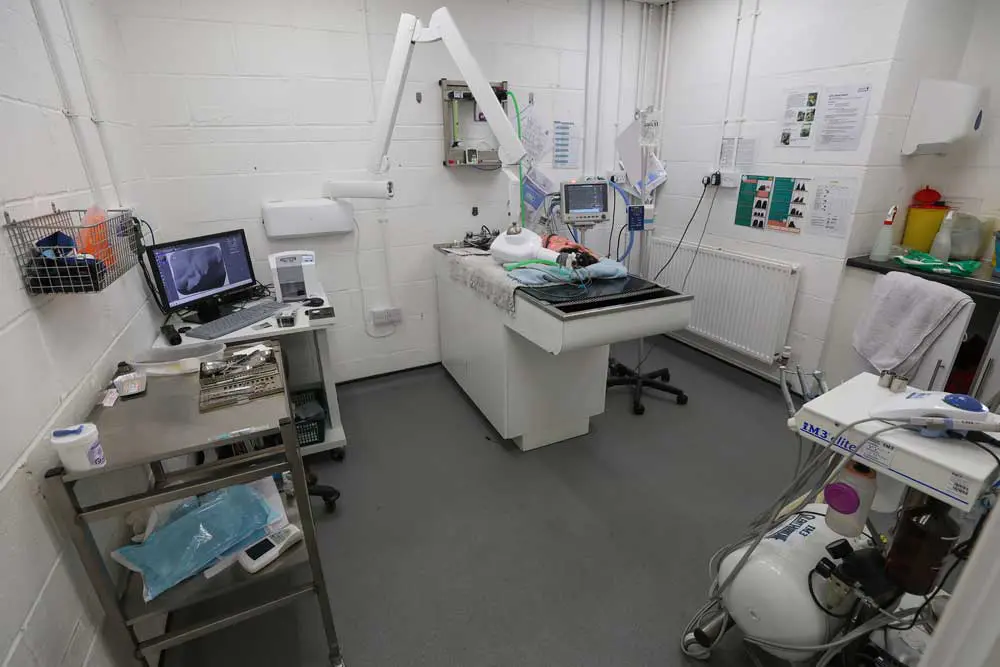
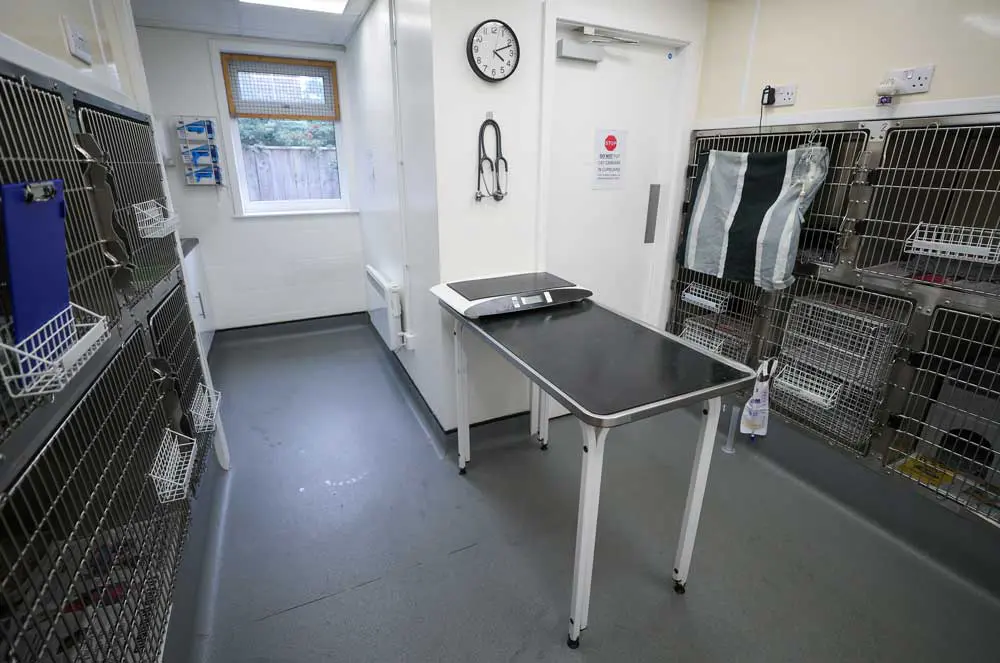

One of the main benefits of being part of VetPartners is the equipment levels, with significant investment into kit and people the main changes Sarah noticed.
Equipment the firm has been able to add includes a CT machine, dental x-ray machine at the hospital and at one of the branches, a new digital x-ray machine, endoscopy equipment and a high spec ultrasound machine, which was purchased during COVID-19.
Alongside this, a redesign of the building took place to add offices, with computers, an admin area, large tearoom and a team meeting space all on the first floor.
The redevelopment paved the way for the ground floor to host the clinical side, with hopes to add an extra consult room as the next plan.
Two theatres are on site, as well as separate cat and dog wards, with the practice holding silver cat-friendly accreditation and dog-friendly accreditation, plus it is working towards pain-free accreditation as well.
The building has been extended and adapted along the way to mould the area into what the practice requires. It currently has five consult rooms, but plans are afoot for a sixth room to help lift limitations on space.
Investment in people as much as the building is also clearly a priority for the leadership team at Minster.
“We try to empower our nurses as much as possible. So, nurse clinics run pretty much from 8:30am until 6pm or so every day. And they would be for second vaccinations, ongoing injections, parasite treatment, worming advice, weight clinics, that sort of thing,” Sarah explained.
The “green” initiative is also important to the practice, allowing space and showers for those who want to cycle to work, as well as supporting the environment through recycling project TerraCycle, complete with its big recycling boxes across the building.
“Yes, we pay more, but I think that actually reflects your personal values.
“Some of these things we started and then VetPartners has taken on too, but we’ve got freedom to do that. So, we can do our own thing. There is a lot of freedom in what we’re allowed to do, as long as we can justify the benefits to the team, patients or clients.”
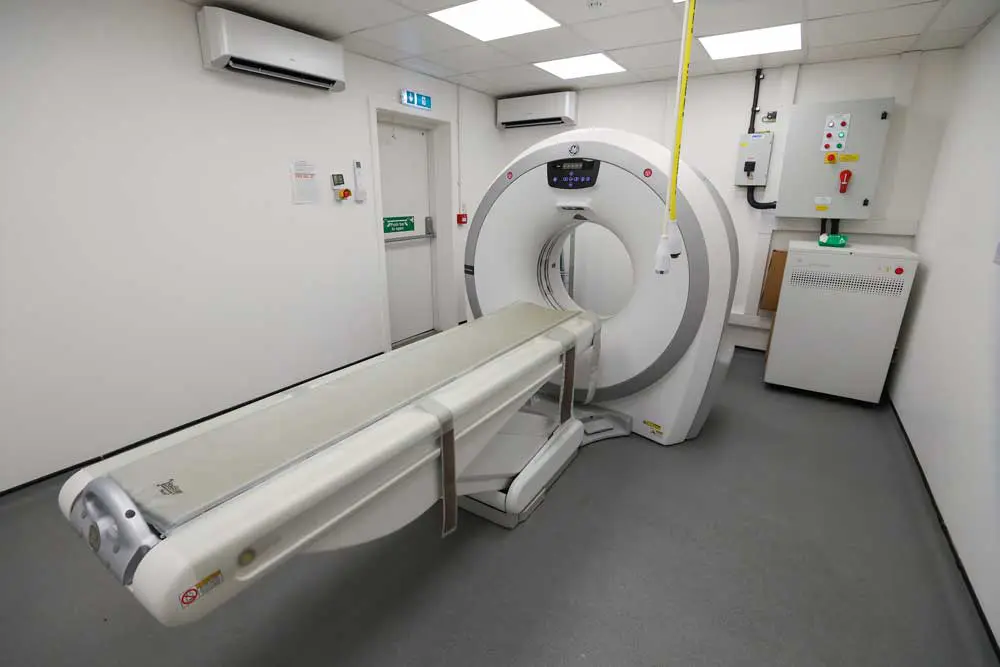
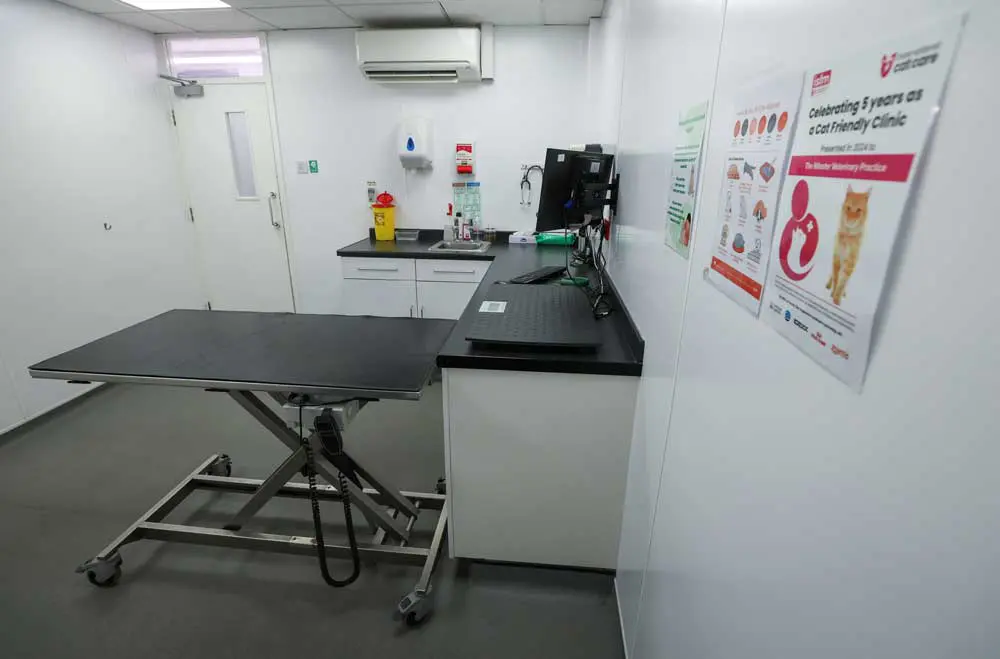

Minster boasts a number of certificate holders in dental, medicine, imaging, surgery and cardiology, but the primary aim is good care.
Sarah said: “We don’t try and say that we’re anything else. We’re not interested in trying to be a referral practice, we want to do really good first opinion care for our patients and clients.”
And despite being corporate-owned, there is no pressure on clinical freedom with vets free to make the right choice for each patient. Sarah said: “We don’t have that here, and if we did, I wouldn’t be here. So genuinely, that doesn’t happen.
“I wouldn’t work for a corporate if I was going to get told what we have to do for every patient. Most people who work here would not be here. All the vets that work here, and our nurses, want to do the best they can, but that’s not always the same for every patient.
“If you know that someone hasn’t got much money, you’ve got to try and do the best you can with what you’ve got, or if they just don’t want to, that’s also fine.
“Obviously, we want people to do the best they can, and we try to train everyone to be able to offer and do the best care they can in the circumstance, but we always give options and engage the client in what they feel is the right option for their pet at that time, whether that’s here, referral, limited treatment, or sometimes sadly euthanasia. There’s never been any doubt that that’s the case.”
